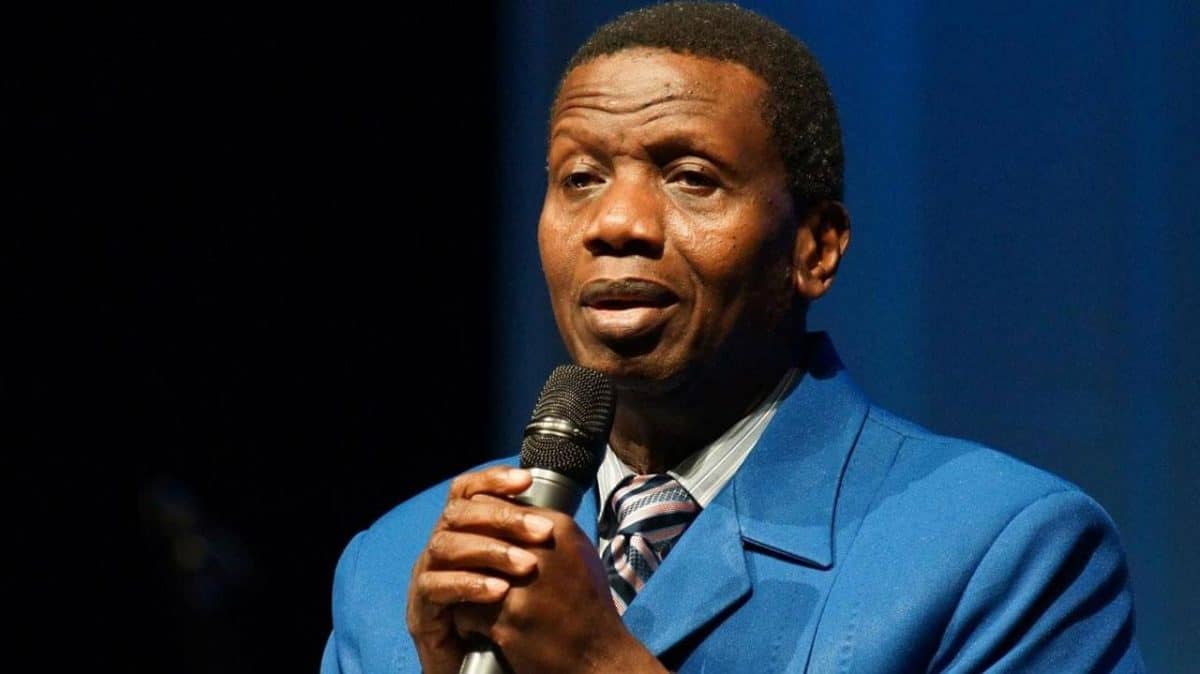Start Early Enjoy Later How to Secure a Stress-Free Retirement
Many young professionals often ignore retirement planning, thinking it’s a distant concern. But the truth is, the earlier you start, the better your chances of enjoying a peaceful and financially stable retirement. When you begin saving and investing early, your money has more time to grow through compound interest, giving you a big advantage later in life.
In Nigeria, early retirement planning is especially important because of the country’s unstable economy. With high inflation, rising living costs, and unreliable pension systems, relying solely on government or employer pensions is risky. Inflation reduces the buying power of your savings, and weak pension enforcement means many workers may struggle to get their rightful benefits. This makes it necessary for individuals to take their future into their own hands by saving and investing early.
Nigeria’s pension system, though regulated by the National Pension Commission, still faces issues like poor implementation and delayed payments. Many private-sector workers don’t have access to solid pension plans, and even those who do might not get their full benefits. That’s why building your personal savings and investment plan is essential for ensuring you’re not financially dependent in your old age.
The country’s ageing population adds another layer of concern. As more people retire, the government will be under pressure to support them, even though public resources are already stretched. Without proper planning, you might find yourself struggling to survive on minimal state support that may not be enough. Starting early means you reduce your risk of future hardship and become self-reliant.
One key reason to start early is compound interest. This means the interest you earn on savings also earns interest, and over time, your money grows much faster. Even small, regular savings can turn into large sums if you begin early and stay consistent.
Creating a structured budget is another important step. When you plan your expenses and set aside money for retirement regularly, you’re less likely to spend it on things you don’t need. Automating your savings—setting up automatic transfers into retirement accounts—ensures consistency and helps avoid the temptation to spend.
To grow your money even more, consider diversifying your investments. Don’t rely only on savings accounts. Look into stocks, real estate, bonds, or mutual funds. A good mix can help you earn more in the long run and protect your money from market risks.
Make sure your retirement strategy matches your life goals. If you want to travel, start a small business, or simply live comfortably after retirement, you’ll need to plan with clear goals in mind. Knowing your target helps you decide how much to save and where to invest.
It’s also smart to review your retirement plan regularly. Life changes—new jobs, children, or emergencies—can affect your finances. Checking your progress helps you stay on track and make adjustments when needed.
If your employer offers a pension or retirement matching plan, take full advantage. This is free money that can boost your savings and help you reach your retirement target faster.
Apart from money, it’s helpful to visualise your retirement life. Do you want to live in a quiet village? Travel the world? Start a hobby or passion project? Having a clear picture helps you stay motivated.
Another important part of retirement planning is reducing debt. High-interest loans, like credit card debts, can eat into your savings. Clearing your debts early frees up more money for your retirement fund.
Also, build an emergency fund to cover unexpected events like job loss or medical expenses. This helps you avoid using your retirement savings for emergencies. Aim for enough money to cover three to six months of living costs.
Lastly, educate yourself. Learn about financial planning, different investment options, and tax benefits. Books, online courses, seminars, or financial advisors can help you make informed decisions based on your goals.
Recently, the Oluyole Club in Ibadan urged Nigerians to start retirement planning early. At its 2025 yearly lecture, former president Rasaki Oladejo highlighted that many people enter retirement unprepared, which leads to anxiety and financial struggles.
Oladejo warned that traditional beliefs like depending on children or pensions no longer work, especially since retirees now often live 20–30 years after retirement. This increases the risk of running out of money. He also explained fears people have about retirement, such as losing regular income, social status, and dealing with medical expenses.
To prepare well, Oladejo advised using saving methods like the 50-30-20 rule—50% for needs, 30% for wants, and 20% for savings or investments. He also encouraged self-employed individuals to explore available retirement plans, build emergency funds, and understand key financial concepts like the Crossover Point, where your investments can cover your living expenses.
He urged Nigerians to see retirement not as the end, but as a new chapter filled with opportunities. Enjoying it means planning well ahead—financially, socially, and emotionally. According to Oladejo, retirement planning should start early and continue throughout life.
In conclusion, planning for retirement may seem far off when you’re young, but it’s one of the smartest financial decisions you can make. By saving regularly, investing wisely, staying out of debt, and reviewing your plan often, you set yourself up for a future where you’re not just surviving—but truly enjoying life.















